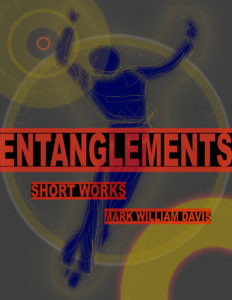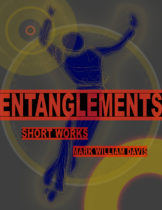In “Killing John Galt” in my new collection, Entanglements, the first-person narrator muses that:
Reaching the moon was easy but conquering poverty was impossible. Watching Sonya’s animated hopefulness—perfection!—almost made me want to call Winborn and recommend that he just pay more taxes with the same money. Let the organizations and bureaucrats build institutions that could chisel away at the edifice, slowly and steadily; look at giant statistical outcomes to guide changes in policy over time. It would convert the problem from individual heroism into a technocratic game. I could play that game, running regression models and factor analytic comparisons to tease out what was and what was not working effectively. Social change then became policy management.
With the plunge of Effective Altruism (EA) from its hubristic trajectory across the sun of cryptocurrency, how and why to do good by wealthy people has become a renewed topic for discussion. At the New York Times, for instance, we have the regularly vague Ross Douthat complaining that if every oil magnate wants their money applied to just saving kids from malaria we would have fewer quaint state parks. Perhaps more interesting at the same publication is Ezra Klein’s discussion of the goals and limits of EA as well as the philosophical underpinnings of the movement. There is plenty of room for a spectrum of responses to the basic problem of how to give away money, but the key concept of “effectiveness” is what forces EA and EA-adjacent proponents to analyze their approaches and goals towards making the world a better place. Historically, much large-scale giving was intended to create a legacy for the industrialist families (Carnegie-Mellon University, Rockefeller Foundation, … ahem, Sackler Institute and related organizations).… Read the rest


